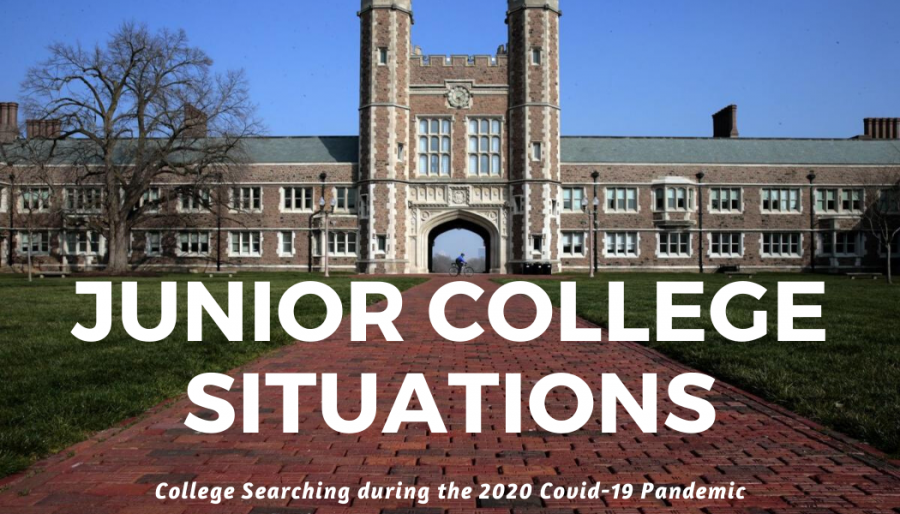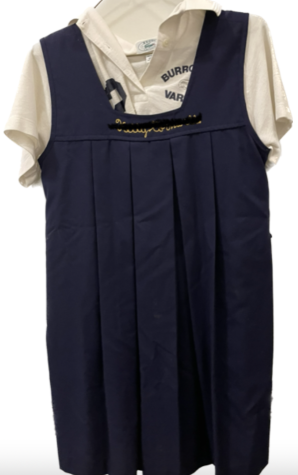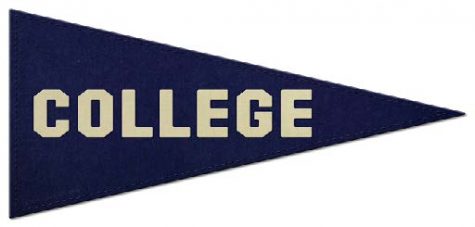Junior College Situations
April 30, 2020
As the COVID-19 situation progresses in the United States, the future remains opaque in all regards of normal American life. Higher education is no exception. With virtually every major university across the country shuttering their doors and conducting classes online for the remainder of the Spring term, the question now is how will schools handle possible returns to campus for next fall and will students go back to their colleges at all in 2020? However, the current high school juniors have another question on their mind: how will their college applications be handled in this time of uncertainty?
Highly rated and respected colleges are dropping standardized test score requirements for admittance due to the inability of prospective students to take the exams. While most of these schools are elite liberal arts colleges such as Williams, Pomona, and Haverford, the University of California system, which serves more than 200,000 students and is one of the largest systems in the country, will also suspend SAT and ACT scores as a part of their college admission process. That does not mean that there will not be more tests for students to take. As Nanette Tarbouni, the head of John Burroughs college counseling says, “The College Board [which administers the SAT] has indicated they will offer ‘in-person’ testing starting in August and those will be very frequent throughout the fall. In the event this isn’t possible, we expect they will offer at-home options.” She continues to say that Burroughs will provide more information when they receive it.
With everything in flux, it is hard to get an understanding of what the next couple of months will look like in terms of the normal college application process. “The toughest thing about all of this – for all of us – is the complete lack of certainty. Both sides – high schools and colleges – are doing their best to be flexible and inviting,” says Tarbouni. However, there still are steps the class of 2021 can take to prepare. Colleges are still offering virtual tours of their universities and students can still research information online about potential schools they would like to attend.
Another potential cause of concern is that with so much uncertainty about the status of colleges next fall, a disproportionate amount of the high school class of 2020 nationwide may defer to a gap year, which could potentially make schools more competitive to juniors, as their universities of choice would have to accommodate those students taking a gap year. Tarbouni does not think this will be a problem, however, as she points out that no current seniors have made plans to take a gap year currently.
While some things are sure to change (and continue changing) as a result of this unprecedented crisis, there are some things that will remain the same. As Mrs. Tarbouni says, “colleges have always respected the education that Burroughs provides and it has served our students well for as long as they’ve been going to college. That won’t change!”







